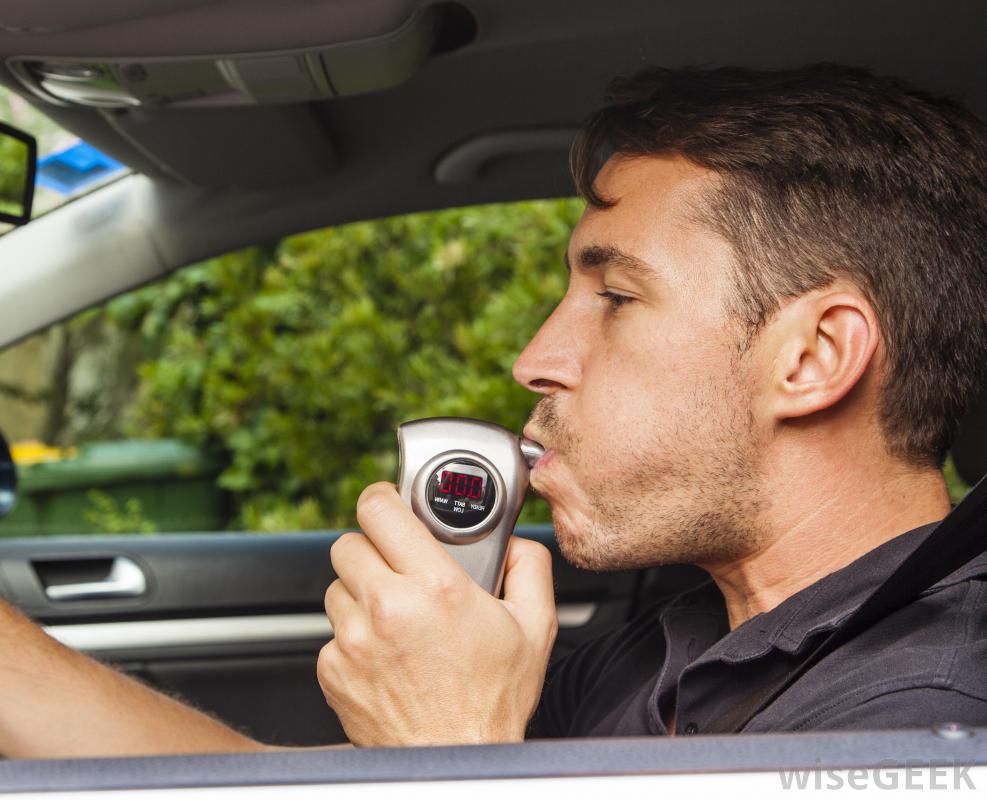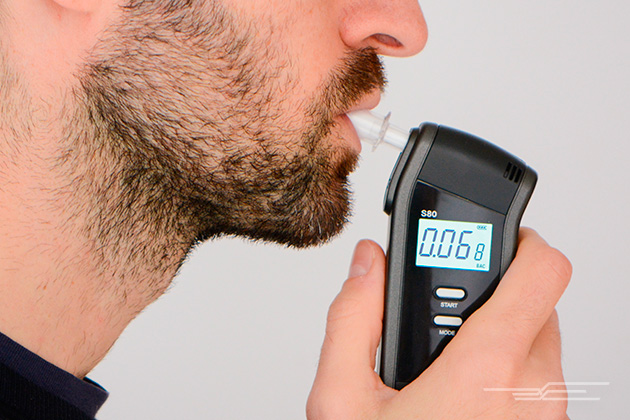How Sober is Your Designated Driver?
 In order to get home safely after they have been drinking, many people designate a driver to get them there. Regardless of the amount of alcohol they have consumed, it is wise to choose a person who is sober to drive home. The thing to be careful of is to be sure that the chosen driver has completely abstained from drinking any alcohol.
In order to get home safely after they have been drinking, many people designate a driver to get them there. Regardless of the amount of alcohol they have consumed, it is wise to choose a person who is sober to drive home. The thing to be careful of is to be sure that the chosen driver has completely abstained from drinking any alcohol.
Statistically, drunk driving accidents happen daily, which means that some people out there have ignored the fact that they are in no shape to drive. They are getting in a motor vehicle under the influence and making a decision that risking their life and others around them is okay.
Many people will agree that a person’s judgment is not as good as it should be when they are drunk. The motor skills are not functioning as quickly as they should. This will further damage your ability to make a judgment call. Unfortunately a lot of people just choose to ignore these facts and decide to drive even if they are drunk.
If someone is out on the town with some friends and they are all drinking then it may be safest to assume that none of them are fit to drive. What can happen though is that the person that has had the least to drink will be the one everyone considers the designated driver. Maybe the driver does not appear to be as drunk to those around them, but what if they were even a little bit intoxicated?
The best thing to do is to be sure that the chosen driver is absolutely sober. To be sure of this fact it is advisable for them to completely abstain from alcohol. This takes some thoughtful planning, but choosing someone who will not touch any alcohol may be the best thing to do. Another alternative is to consider arranging for a taxi to take the party goers home. This should eliminate the need for choosing a sober designated driver.
Likely the best designated driver, it seems, is one who is sober. It is up to everyone who is involved to ensure the safety of themselves and others around them by drinking safely. This means no drinking and driving.
This information is provided solely for informational purposes and does not constitute legal advice.









